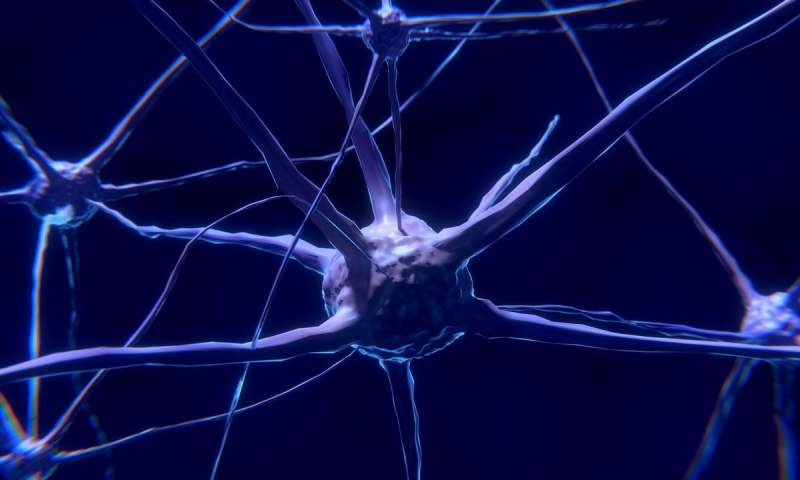Sleep deprivation accelerates Alzheimer's brain damage: study


CHICAGO, Jan. 26 -- Studying mice and people, researchers at Washington University School of Medicine in St. Louis have found that sleep deprivation increases levels of the key Alzheimer's protein tau, and sleeplessness accelerates the spread through the brain of toxic clumps of tau, a harbinger of brain damage and a decisive step along the path to dementia.
To find out whether lack of sleep was directly forcing tau levels upward, the researchers measured tau levels in mice with normal and disrupted sleep, and found that tau levels in the fluid surrounding brain cells were about twice as high at night, when the animals were more awake and active, than during the day, when the mice dozed more frequently. Disturbing the mice's rest during the day caused daytime tau levels to double.
The same effect was seen in people. Cerebrospinal fluid the researchers obtained from eight people after a normal night of sleep and again after they were kept awake all night shows that a sleepless night caused tau levels to rise by about 50 percent.
To rule out the possibility that stress or behavioral changes accounted for the changes in tau levels, the researchers created genetically modified mice that could be kept awake for hours at a time by injecting them with a harmless compound. When the compound wears off, the mice return to their normal sleep-wake cycle, without any signs of stress or apparent desire for extra sleep.
Using these mice, the researchers found that staying awake for prolonged periods causes tau levels to rise. Altogether, the findings suggest that tau is routinely released during waking hours by the normal business of thinking and doing, and then this release is decreased during sleep, allowing tau to be cleared away. Sleep deprivation interrupts this cycle, allowing tau to build up and making it more likely that the protein will start accumulating into harmful tangles.
In people with Alzheimer's disease, tau tangles tend to emerge in parts of the brain important for memory, the hippocampus and entorhinal cortex, and then spread to other brain regions.
To study whether the spread of tau tangles is affected by sleep, the researchers seeded the hippocampi of mice with tiny clumps of tau and then kept the animals awake for long periods each day. A separate group of mice also was injected with tau tangles but was allowed to sleep whenever they liked. After four weeks, tau tangles had spread further in the sleep-deprived mice than their rested counterparts. Notably, the new tangles appeared in the same areas of the brain affected in people with Alzheimer's.
The researchers also found that disrupted sleep increased release of synuclein protein, a hallmark of Parkinson's disease. People with Parkinson's often have sleep problems, like those with Alzheimer's.
"Getting a good night's sleep is something we should all try to do," said senior author David Holtzman, professor and head of the Department of Neurology at the university. "Our brains need time to recover from the stresses of the day. We don't know yet whether getting adequate sleep as people age will protect against Alzheimer's disease. But it can't hurt, and this and other data suggest that it may even help delay and slow down the disease process if it has begun."
The findings were published Thursday online in the journal Science.
- HK community strongly supports Lai's conviction
- Cross-Strait collaboration key to nation's long-term well-being
- Nation steps up measures to stimulate consumption
- Former senior official of Ningxia sentenced to death
- Development program narrows urban-rural gap in Guangdong
- Wuxi Winter Bazaar creates cross-cultural gathering





































